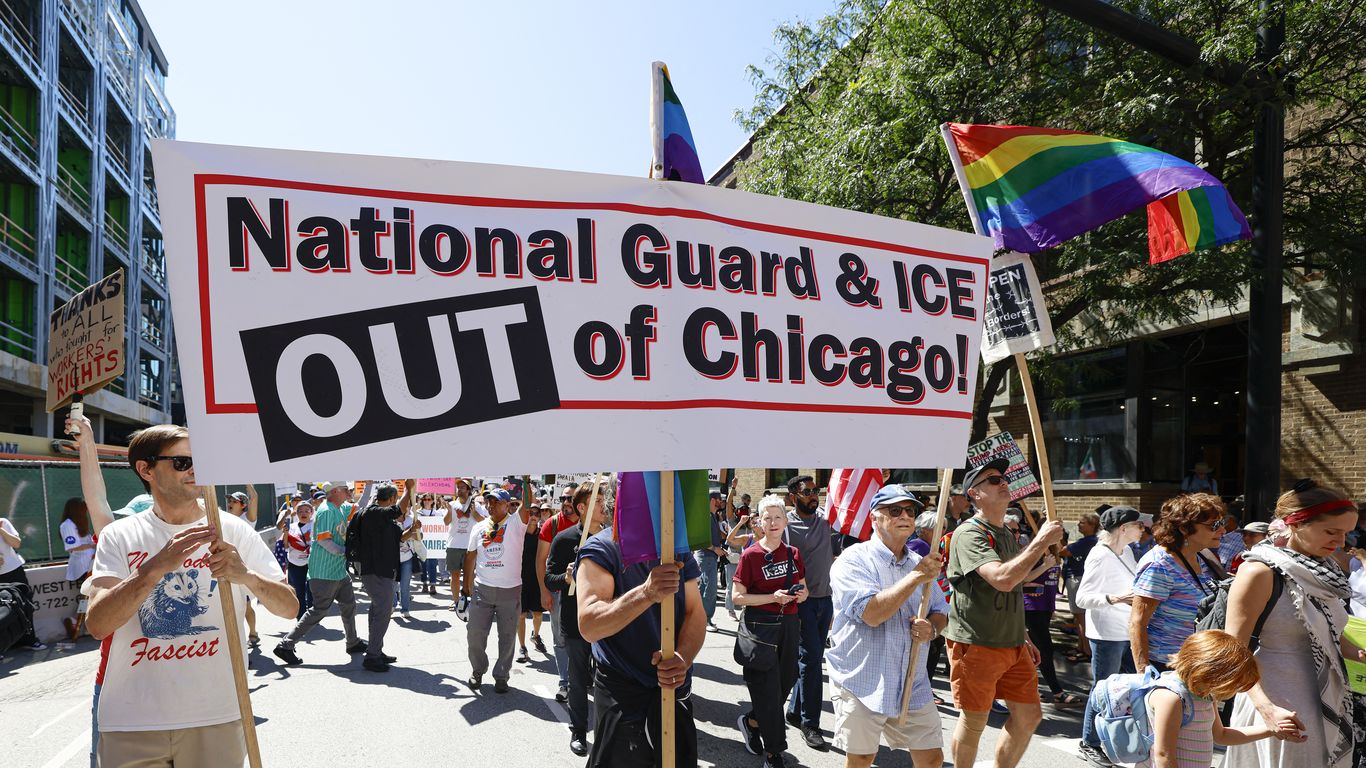Trump's Immigration Policy Creates New Gilded Age

Introduction
In an effort to reform the US legal migration system, President Donald Trump has announced two proclamations that will heavily impact the nation's immigration policies. These changes explicitly favor the wealthiest of the world's prospective expat workers, creating a new gilded age for immigration.
Key Details
The first proclamation introduces a $100,000 H-1B visa fee, making it the most expensive visa in the world. This fee will be paid by employers seeking to hire foreign workers with specialized skills. The second proclamation requires that all applicants for permanent residency must pass a civics test, demonstrating their knowledge and understanding of US history, government, and culture.
This move by the Trump administration is seen as a major shift in immigration policies, with a focus on attracting highly skilled and highly paid workers. This new approach is expected to drive up the cost of hiring foreign workers and make it more difficult for low-income individuals to obtain permanent residency.
Impact
With these changes, the US is likely to see a significant influx of highly skilled, wealthy individuals seeking to enter the country. However, the new policies also raise concerns about the potential exclusion of individuals from lower-income backgrounds. It is predicted that these changes will further widen the gap between the wealthy and the lower classes, creating a new gilded age for US immigration.
About the People Mentioned
Donald Trump
Donald John Trump, born June 14, 1946, in Queens, New York, is an American businessman, media personality, and politician. He graduated from the University of Pennsylvania’s Wharton School in 1968 with a degree in economics. In 1971, he took over his family’s real estate business, renaming it the Trump Organization, through which he expanded into building and managing skyscrapers, hotels, casinos, and golf courses. Trump gained widespread fame as the host of the reality TV show *The Apprentice* from 2004 to 2015, which helped establish his public persona as a successful entrepreneur. Trump entered politics as a Republican and was elected the 45th president of the United States, serving from 2017 to 2021. His presidency was marked by significant policy actions including tax cuts, deregulation, the appointment of three Supreme Court justices, renegotiation of trade agreements (notably replacing NAFTA with the USMCA), and a focus on immigration control including border wall expansion. He withdrew the U.S. from international agreements such as the Paris Climate Accord and the Iran nuclear deal, and engaged in a trade war with China. His administration’s response to the COVID-19 pandemic was criticized for downplaying the virus’s severity. Trump was impeached twice by the House of Representatives—first in 2019 for abuse of power and obstruction, and again in 2021 for incitement of insurrection—but was acquitted by the Senate both times. After losing the 2020 election to Joe Biden, Trump challenged the results, culminating in the January 6, 2021, Capitol riot. He remains a central figure in American politics, having won the 2024 presidential election and returned as the 47th president in 2025, continuing to promote policies aimed at economic growth, border security, and military strength[1][2][3][4].


















